FAITH FORMATION
All classes at Holy House will be infused with the Catholic Faith. Understanding our faith and the ideas that shaped Western civilization allows our students to deepen their beliefs and expand their understanding of the world. Holy House will utilise the Disciple of Christ Education in Virtue programme developed by the Dominican Sisters of Mary, Mother of the Eucharist. All catechism and literature classes will include the study of Holy Scripture and the Lectio Divina materials also developed by the Dominican Sisters.
Disciple of Christ Education in Virtue
The day at Holy House will be sanctified with the Holy Sacrifice of the Mass. The community will say or chant short form Mattins and Evensong in the church as well as the Little Hours in some classrooms. Hymns, chants, and motets will be sung at daily Mass. As singing permeates the day, the text of sacred song penetrates the hearts and minds of students. Daily life at Holy House will foster a life of harmony with one another by being in tune with the heart of the Lord.
All staff of Holy House will take the Oath of Fidelity at the beginning of each academic year. All classes at Holy House will strictly adhere to the Magisterium and it is expected that all who are present (staff, students, and parents) will attend all liturgies.
RELIGION CURRICULUM
To know God is one of the primary ends of man. “Why did God make you?” the catechism asks. “God made me to know him, love him, and serve him in this world, and to be happy with him forever in the next.” Catechesis at the Holy House has as its end not only knowledge of God but also love and service. By teaching children the core truths about God and the Catholic Faith, we seek to draw them deeper into a love of God and neighbour which will find its expression in service.
During the 2023-2024 academic year, catechesis will focus on instruction in the basic teachings of the Catholic Faith using the Penny Catechism. Immersion in the sacramental and liturgical life of the Church through participation in Mass and the Liturgy of the Hours as well as community celebration of various Church feast days is also an important part of our catechesis programme and cultural formation. Their participation helps children see that they are not merely studying the history of God’s people, but that they themselves are a part of that history, that they belong to God’s people as members of his Church.
There is, however, almost no need for a class dedicated to the study of the Catholic Faith at Holy House. It is a frequent observation that every class is a catechism class, for it is impossible for the faith not to be vigorously discussed, whether or not the teacher has actually planned for it to be so. The discussions are natural, since there is no content that does not find its origin in the Truth himself. There is no imposition of the faith from the outside; rather, it wells up as from a hidden spring, pervading every subject and every class, finding natural outlets in many and varied places throughout the curriculum. This natural integration means that the boundaries between classes are in some sense artificial, and the goals of the religion curriculum are met not only in one specific catechism class, but in the curriculum of Holy House as a whole.

